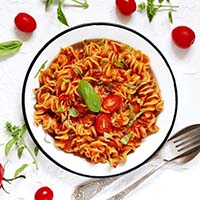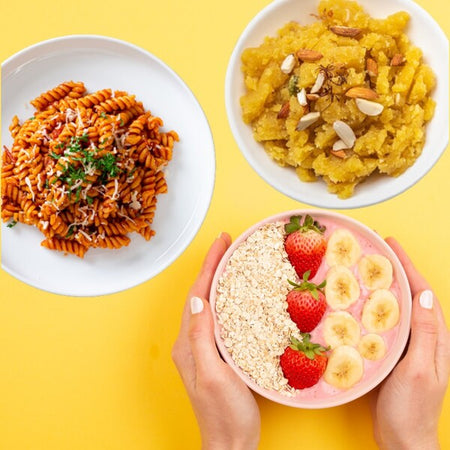
Transparency - Future of Consumer Foods
Bharat Bhalla, Yu Foodlabs
Across the globe, people’s perception about food and what it should constitute is everchanging. The food & beverage industry constantly witnesses emergence of new trends. Not surprisingly, majority of these fade quicker than they burst on the scene. The ‘Clean Label’ trend has been around for over a decade and began as a way for smaller companies to distinguish themselves from large consumer food brands.
Clean Label is one trend that has gradually evolved into strong consumer demand forcing leading food manufacturers to rethink their product design and development processes.
What is ‘Clean Label’?
Interestingly, Clean Label is neither a scientific term nor a term standardized by regulated food authorities like Food Safety and Standards Authority of India (FSSAI). Clean Label has many definitions but can be summarized as simple and transparent labelling that helps consumers understand key constituents of the foods they consume. The Clean Label approach involves using natural and familiar ingredients that are easy to recognize and free from synthetic chemicals, artificial flavours or colours.
While most households still enjoy fresh, home cooked meals, evolving lifestyles and work/life balance has resulted in higher dependence on packaged foods. Eating clean, does not mean avoiding packaged food consumption, but that the same food is made using wholesome ingredients closer to their natural state. So the next time you purchase foods at a supermarket or online, don’t forget to identify if the ingredient list contains INS numbers that indicate chemicals used to artificially enhance the flavour, colour and texture of food.
Discovering the ‘Next-Gen’ Clean Label
The growing interest of consumers in ‘Eating Clean’ is slowly leading to a broader definition of Clean Label. People are increasingly moving beyond the ingredient list to better understand how products are sourced and what their nutritional benefits are. There is a higher sense of trust among consumers for brands that are honest and transparent about their food supply chain. The Transparent Imperative report published by Label Insight and Food Industry Association1, found that over 75% of consumers are likely to switch to a brand that provides in-depth product information beyond what is printed on the physical label.
This desire for increased transparency also ties into growing consumer concerns around environment and ethical implications of the food they consume. There is also growing consciousness around minimizing food wastage through innovative processes, efficient supply chains as well as buying sustainable food packaging.

The next generation of Clean Label goes beyond the realms of just simplicity and rests on 4 key pillars including ‘Real’ Ingredients, Nutrition, Transparency and Sustainability.
Change in consumer preferences driving purchase
Taste, Convenience and Cost have been key influencers in driving purchase of consumer foods. While taste remains the key driver of consumer preference for foods, there is an increasing inclination towards parameters around health, social value and transparency. Simply put, consumers are demanding real ingredients from nature as opposed to “lab created” artificial or natural flavours. Covid-19 has also accelerated consumer interest in dietary intake and health with considerable uptick in people who expect their food to deliver nutrition while building immunity.
What lies next?
Global consumer processed food companies have seen a steady decline in sales across the board over the past few years. These companies have lost market share to smaller, more entrepreneurial brands that are tapping demand for clean eating through their range of healthier products. As consumer needs evolve rapidly, there is an increasing need for food companies to re-imagine the way foods are grown, prepared and ultimately delivered to consumers. Innovation and better food technologies can help bring about this change and drive us towards a healthier and more sustainable food future.
1 Food Industry Association is a national trade association for retailers and wholesalers in the US
Tagged:







0 comments